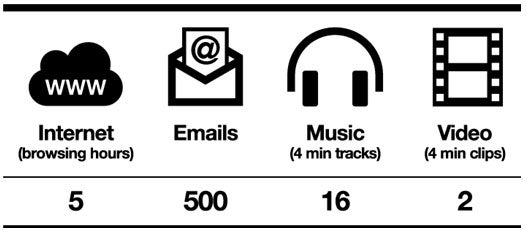Olympus 50mm f/2 Review
Olympus 50mm f/2 Review
This lens offers a very wide maximum aperture.

Verdict
Pros
- Small, fast aperture, sharp and low fringing
Cons
- No ratio scale, no focus limiter
Key Specifications
- Review Price: £355
As part of the Four Thirds system, Olympus lenses effectively double equivalent focal lengths, so this lens offers a similar angle of view as a 100mm lens on the E-system cameras. One of advantages of this is that lenses are much smaller than their 35mm or APS-C compatible equivalents. Zuiko lenses have always been high quality, and this one is no exception with dust-proof and drip-proof construction, ED glass and a fast f/2.0 maximum aperture and f/22 minimum aperture. Bear in mind though, that the smaller imaging circle will produce more depth of field, so extremely small apertures are unnecessary.
The optic has a multilayer film coating, and minimum focusing is 24cm with a 1:2 magnification ratio. Unlike on some others, there is no size ratio guide on the lens, which is a disappointment. Performance is good, particularly in JPEG shooting rather than unsharpened RAW. The MTF charts show very high performance with natural camera sharpening in JPEG, but performance is more on a par with the Pentax lenses in unsharpened RAW mode. Where the lens performs well is in the chromatic aberration area, with low edge-to-centre fringing throughout the lens.
Verdict
High quality and fast lens that produces the goods.
Trusted Score
Score in detail
-
Value 9
-
Design 9
-
Image Quality 9
-
Features 9

